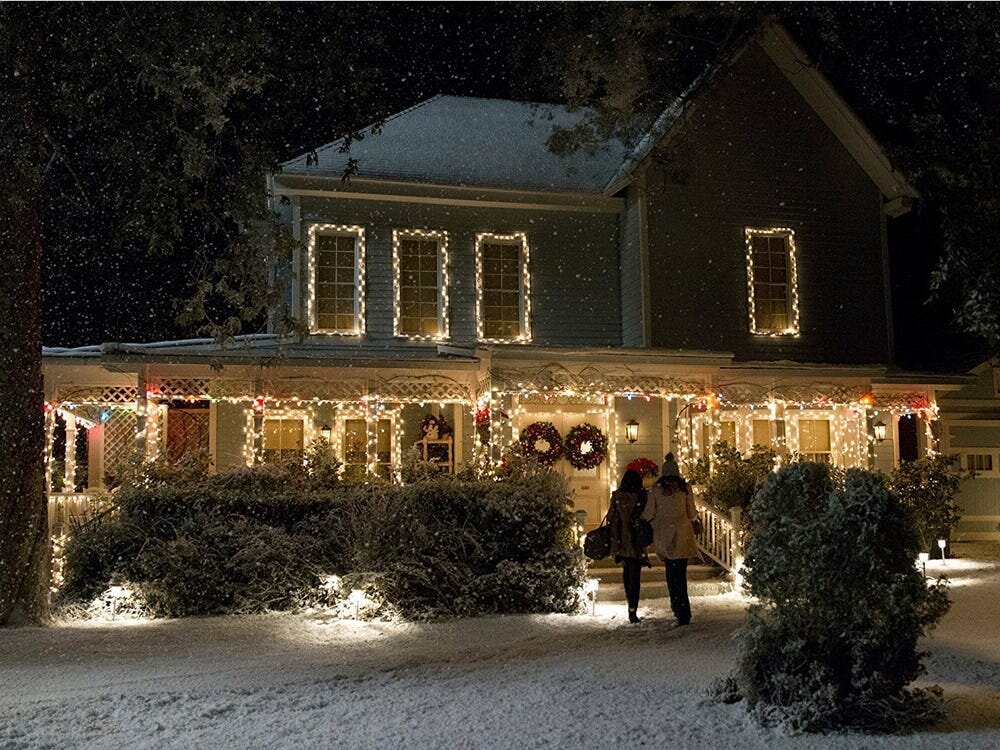With death tolls and rumors of supply shortages, we now cannot stop thinking about death. Where once our culture fiercely avoided the topic, it is now the only topic imaginable. What do we see when we stare into it?
We see now that the long secularization of society somehow forgot to weave comfort for the dying. We see now that the youth we celebrate is precious only because it is fleeting. We see now that all the events and activity of public life is reducible to the lonely places we keep our beds. We understand more about our lives now than ever before.
Each character in The Seventh Seal represents a way to handle the anxiety of death, and these coping mechanisms around death are inextricably tied to ways to live. In fact, they are one in the same.
You have the cuckold Plog, who waves his hammer around in empty threats. For him, the performance of masculinity holds the thoughts of death at bay. His wife Lisa seduces the traveling performer Skat, reveling in her power. For her, the performance of femininity calms the thoughts of oblivion.
Mia, the actress, is a loving wife and mother, who takes care of those around her. Jof, the actor, is a loving husband and father, content to revel in his otherworldly visions and outward silliness. The squire Jöns pursues a nihilist’s course of hedonism and sarcastic distance, though he keeps protecting the innocent — belying a more complex machinery at work.
Antonius Block, the Knight, questions everything. When Death himself asks him, “Won’t you ever stop asking questions?” the Knight replies, “No. Never.” He can never stop seeking answers about the existence of God and the secrets behind Death’s shroud. Until the very end, he calls out to God for an answer. The emptiness of a universe with death and no reason for existence is unbearable to him, and yet he faces the horror, he calls out to it.
There is a character who turns from the seminary to looting the dead. There is a girl who materializes the fear of death into her personal lord Satan.
And finally, there is the mute girl, rescued from a rape by Jöns early in the film. The things she has seen in her plague ridden town are so unspeakable that she is rendered unable to speak. Though her actions communicate. When her would-be rapist appears in the forest dying of plague, she tries to offer the man a sip of water. And when Death arrives at the Knight’s castle at the end of the film, she is the only one smiling. She kneels down, as if in prayer, and speaks her only line of the film. “It is finished.”
These characters show us the many forms we take handling the questions of being. Their depictions are neither endorsements nor condemnations. They simply are. And when we see them flickering on the screen against the night in our self imposed isolation, we see ourselves as we brace against the rising tide of a virus.
It is not the time to turn away. It is not the time to forget. The pandemic is a time to face, to discover what it was we were doing all those years before. It is in this discovery that we might find the threads to guide us until our deaths, whether they be tomorrow from the virus or decades from now.
It is in the middle passage of the film when the Knight has supper with the traveling family of performers: Jof, the fool who can see the truth of things; Mia, the practical mother who cares for others; Mikael, the baby who embodies the eternal rejuvenation of children. The family reveals the blessing that is always there, that is forever in reach, to give birth and propel life forward again. It is our one resistance to death, our only path to forgiveness for our failures — we see death but turn to life and say, “Again.”
In all of his wandering, the Knight finally finds a family for whom a kind act could give meaning. Shepherding them away from the plague infested coast fulfills the promise of the reprieve afforded by the game of chess with Death itself.
They dine on fresh picked strawberries and sup of fresh milk. It is there that the Knight understands that this memory, if only this one, can make a lifetime worthwhile. It is when we are together with the hope of a future generation that we can make sense of the mess and struggle of earthly things. And all the while, in the background of this scene, hangs the mask of a skull twisting gently in the breeze. Death watches over everything, even the simple holiness of a shared meal.
And what does that mean for us who now feel death’s presence at the dinner table? Are we to learn the lesson of the Knight? Should we take care to hold the blessed moments carefully?
Death will come, yes. But only after life. And in life — even in a pandemic — there are things that are sweet. Sweeter, even, than strawberries.









